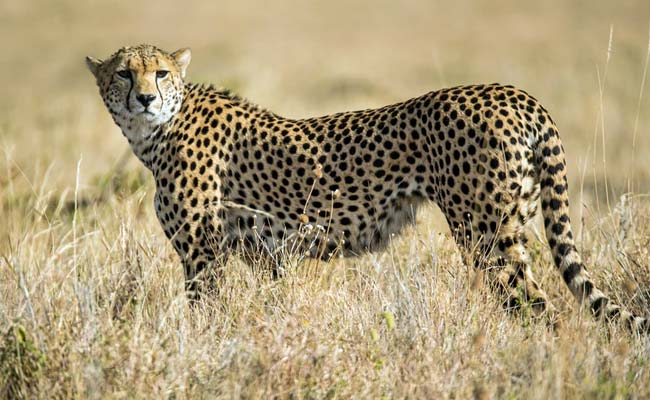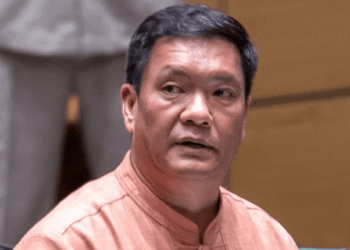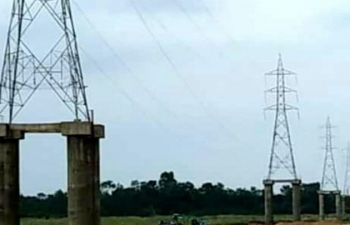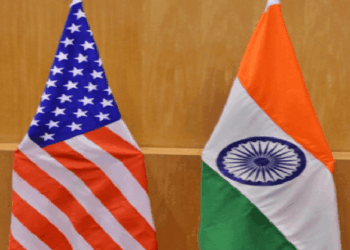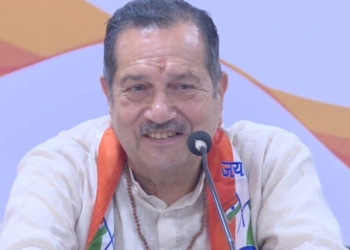New Delhi: South Africa on Friday translocated 12 cheetahs to India in a Cooperation Agreement, an official said, adding the animals were sent to India as part of an initiative to expand the cheetah meta-population, and to reintroduce cheetahs to a former range state following their local extinction due to over-hunting and loss of habitat in the last century.
A media statement in this regard was also issued by the Department of Forestry, Fisheries and the Environment, South Africa.
The cheetahs will join eight of the mammals relocated to India’s Kuno National Park from Namibia in September 2022.
Earlier this year, the governments of South Africa and India signed a Memorandum of Understanding (MoU) on Cooperation on the Reintroduction of Cheetah to India.
The MoU facilitates cooperation between the two countries to establish a viable and secure cheetah population in India; promotes conservation and ensures that expertise is shared and exchanged, and capacity built, to promote cheetah conservation.
This includes human-wildlife conflict resolution, capture and translocation of wildlife and community participation in conservation in the two countries.
Conservation translocations have become a common practice to conserve species and restore ecosystems.
South Africa plays an active role in providing founders for the population and range expansion of iconic species such as cheetahs.
“It is because of South Africa’s successful conservation practices that our country is able to participate in a project such as this — to restore a species in a former range state and thus contribute to the future survival of the species,” said the South African Minister of Forestry, Fisheries and the Environment, Barbara Creecy.
The cheetah was declared extinct in India in 1952.
Restoring cheetah populations is considered by India to have vital and far-reaching conservation consequences, which would aim to achieve a number of ecological objectives, including re-establishing the function role of cheetah within their historical range in India and enhancing the livelihood options and economies of the local communities.
(IANS)




